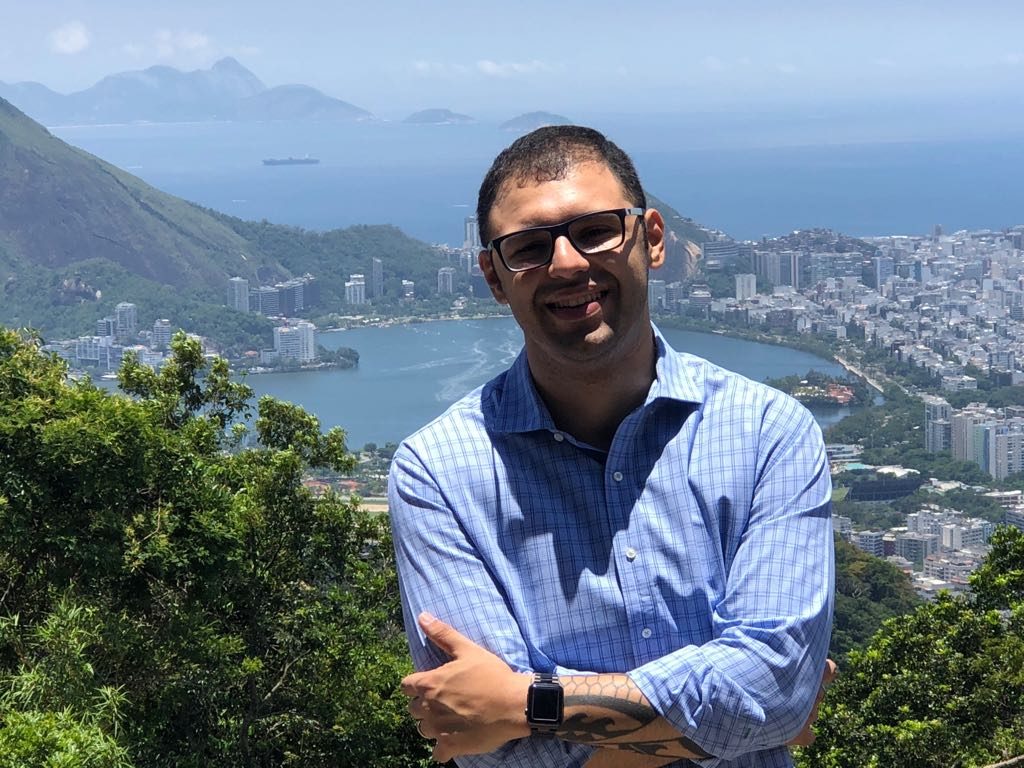RIO DE JANEIRO, BRAZIL – A Rio state assemblyman of Bolsonaro’s PSL party wants to force every teacher in the state of Rio de Janeiro to take a drug test every 90 days.
Alexandre Knoploch submitted the bill last Wednesday. It provides that teachers from the public and private schools should undergo toxicology testing for “specific illicit psychoactive substances that cause addiction or obviously compromise the intellectual capacity and reasoning.”

To become effective, the project still needs to go through committees of the
Legislative Assembly of Rio de Janeiro (Alerj), to be approved by the deputies and then sanctioned by the governor. Opponents consider the bill unconstitutional.
The bill also provides that the State Secretary of Education should scrutinize the results of the exams, and make them public for consultation on its official website.
In addition, “teachers whose exams indicate the use of narcotics and psychoactive substances will be prevented from teaching until the next exam that certifies the absence of these substances.”
Teachers removed from the public school network would have their salaries reduced. “Teachers in the public school system who have four toxicological tests that point to the use of illicit psychoactive substances will be terminated,” states the bill.
“This law brings a moralistic logic that tries to associate the educator with drug addiction, which is truly absurd. We see this as an attempt at the public demoralization of education professionals. And Sepe will react to that,” said Gustavo Miranda, general coordinator of the State Union of Education Professionals (Sepe) in Rio.

Deputy Flávio Serafini from the Socialism and Liberty Party (Psol) pointed out that the rule is unconstitutional. According to him, the rule “has no meaning” and “it has the sole purpose of creating controversy to promote its author.”
“Why teachers and not deputies or judges? It’s unconstitutional, arbitrary and I don’t even believe it’s going to be on the agenda. It’s part of the agenda of the party that persecutes teachers,” defends Serafini, who is president of the Alerj Education Commission.
“It’s unconstitutional because it’s invasive, it foresees the obligation of people to undergo exams that they may not wish to perform, imposing an obligation unrelated to their professional practice. The state can not even pay teachers a decent salary but it will spend millions on toxicology tests? In addition to hurting the constitution, it hurts the tax recovery regime.”
According to Knoploch, brainstorming is still needed to improve the law. “I’ll wait for the suggestions,” says the deputy, who defends the project.
“Teaching is very important for society and especially for children. Those who teach must be 100 percent sure that they will pass on their knowledge that will serve for the whole life of our children”.
The author of the bill said he did not include other professional categories because he was sought by families complaining about teachers who were under the influence of drugs or making excuses in the classroom. He did not specify any cases.
“I just want to protect students and children from possible users who are setting a bad example and spreading the use of narcotics. But my colleagues can make amendments to include other categories,” said the deputy.
Source: Extra

